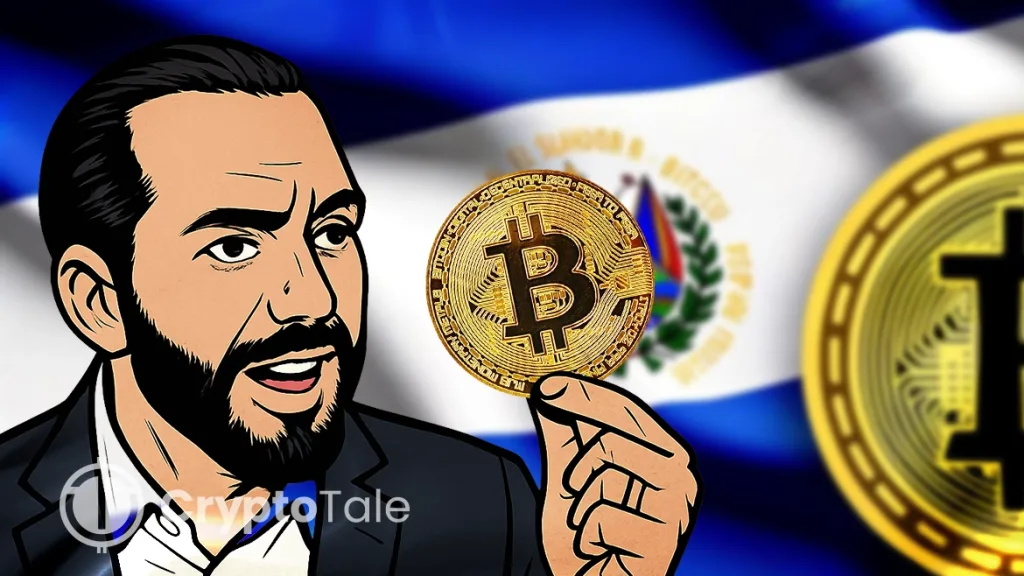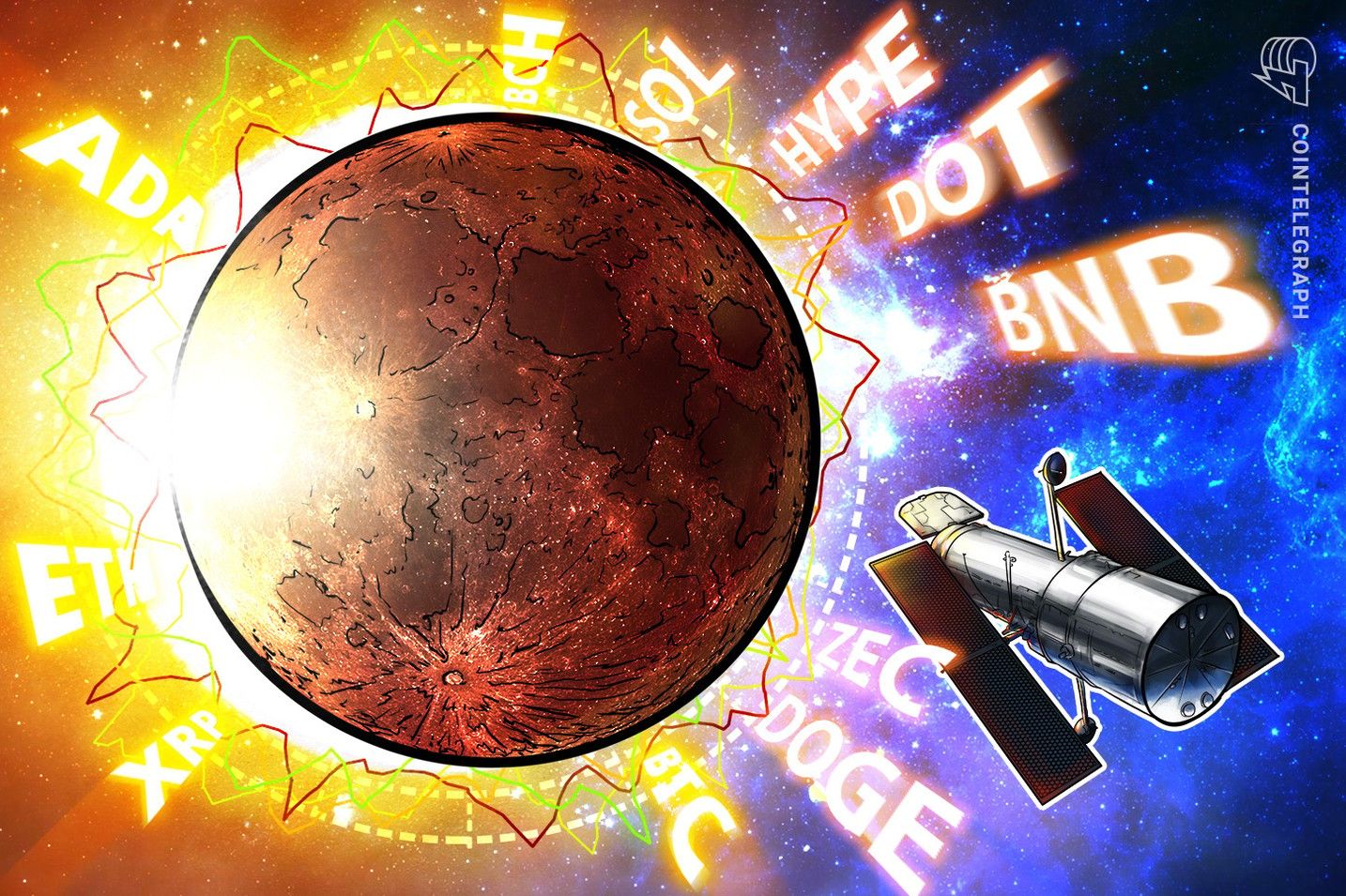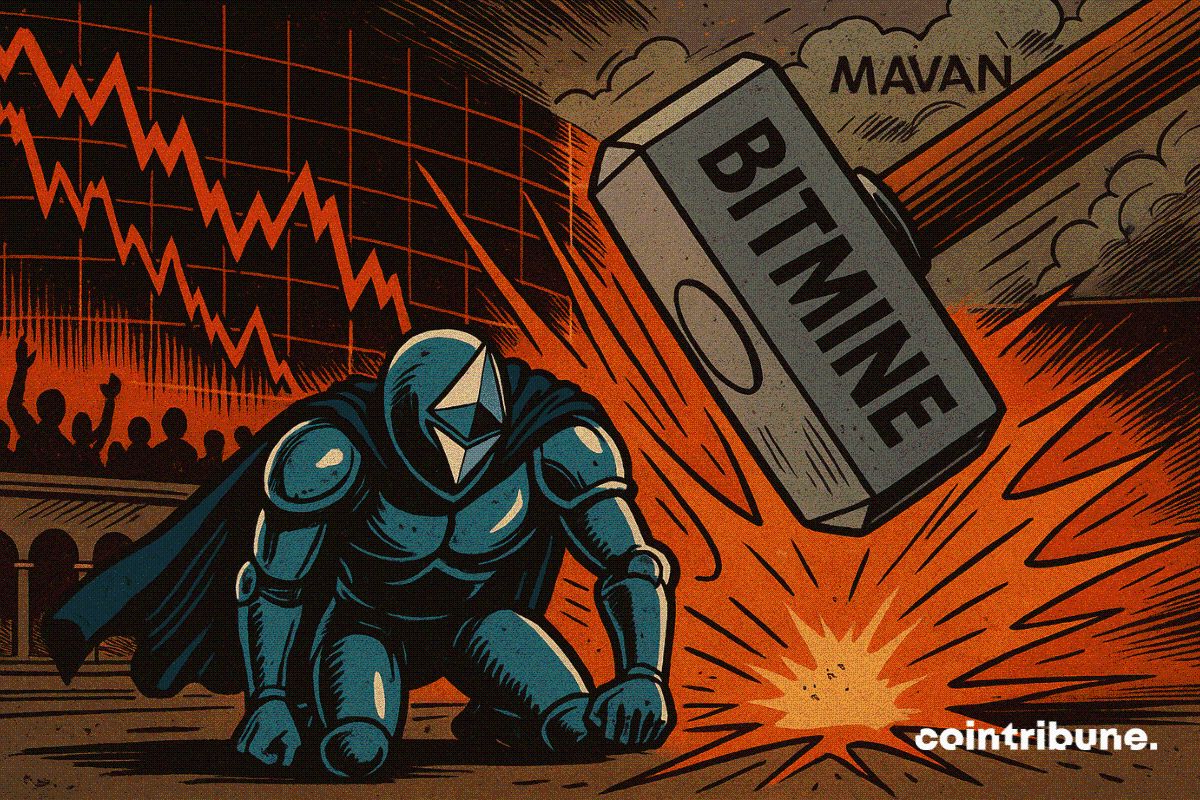El Salvador’s Bitcoin Journey: From Legal Tender to Daily BTC Buys

- El Salvador moved from 2021 legal tender to steady BTC accumulation by 2025 nationwide.
- The country holds about 6,313 BTC as of September 2025, per official trackers and data.
- Bitcoin adoption is framed as an inflation hedge and a reserve diversification pathway.
In September 2021, El Salvador became the first country to give a cryptocurrency legal‑tender status when it enacted a Bitcoin Law under President Nayib Bukele’s leadership.
The Bitcoin Law enforced the acceptance of BTC for all debts and transactions. In addition, the government launched the Chivo wallet app to facilitate adoption and offered $30 in BTC to citizens in an incentive drive. President Nayib Bukele said that using Bitcoin alongside the U.S. dollar would reduce the cost of remittances and increase investment and financial access.
Furthermore, the initial rollout witnessed technical problems and protests, but the government started to make systematic purchases of BTC, often during price dips – a strategy dubbed “buying the dip.”
Adoption and early hurdles
The President of El Salvador, Bukele, introduced the bitcoin legal‑tender bill in June 2021, and the Legislative Assembly passed it within days. It received 62 votes in the 84‑member Legislative Assembly, making Bitcoin legal tender alongside the U.S. dollar. The government created a $150 million fund and offered citizens a $30 bitcoin bonus via the Chivo wallet, while also buying ₿400 to supply liquidity.
Bukele argued that the measure would increase financial access, as many Salvadorans did not have bank accounts, and would attract investors through an innovative digital economy. Taxes could be paid in Bitcoin, but individual use was optional. Additionally, businesses were allowed to accept bitcoin, and transactions were exempted from capital gains tax.
Furthermore, El Salvador’s four-year journey, from adopting Bitcoin as legal tender in 2021 to consistent BTC acquisitions in 2025, showcases a bold experiment in national crypto integration.
El Salvador began buying Bitcoin as a treasury asset in September 2021, when the cryptocurrency was trading around $52,000. Nevertheless, by January 2022, Bitcoin had dropped 45% to approximately $35,040, resulting in a $22 million loss to the country’s reserves. Despite this, the government continued purchasing Bitcoin.
By August 2025, Bitcoin hit an all-time high of $124,290, and as of September 2025, it was trading at $112,071, reflecting its growing acceptance and value in the global economy.
Scaling challenges and evolving investment strategy
Limited uptake and economic impact
Surveys taken after the law took effect showed that most citizens in El Salvador did not understand bitcoin; a large majority opposed the policy. Roughly half of adults downloaded the Chivo wallet, but usage decreased once the sign‑up bonus was spent. Early scepticism reflected limited digital literacy and concerns about volatility.
After the first year, studies by the U.S. National Bureau of Economic Research and the Salvadoran Chamber of Commerce indicated that bitcoin use in commerce remained minimal. Only about 20% of businesses accepted it, and around 14 % reported any transaction in cryptocurrency. For most users, the Chivo wallet was used only to collect government bonuses. Bitcoin represented a tiny share of bank transactions and less than 2% of remittances. Public confidence surveys showed that only a minority had any faith in the digital asset. By 2023, the share of citizens using bitcoin for payments had dropped below 13%.
Reserve accumulation and market swings
Facing weak retail adoption, authorities shifted their focus from promoting consumer use to building a bitcoin treasury. By mid‑2022, the government had acquired about 2,300 BTC at a cost of roughly $105 million.
The value of the holdings fluctuated with the market, and by early 2024, officials said the portfolio had turned profitable. Government supporters also suggested that tourism and foreign investment linked to the experiment offset some losses.
In addition, the government emphasized mining and strategic reserves. In May 2024, it is reportedly that El Salvador had mined nearly 474 Bitcoin since 2021 using a geothermal plant at the Tecapa volcano. The plant supplied only 1.5 MW of its 102 MW capacity to mining, highlighting the experimental scale of the operation.
Related: Metaplanet Hits Record Volume Ahead of $1.45B Bitcoin Raise
Furthermore, between 2023 and 2025, El Salvador continued its Bitcoin accumulation, reaching over 6,292 BTC by mid-2025. The total value was around $680-$690 million, with unrealized gains exceeding $300-$400 million at peak prices.
Technical problems and spending spree
In addition, outages and security issues affected the launch of the Chivo app in October 2021. Users experienced payment failures and identity theft attempts. Despite the poor rollout, Bukele continued buying bitcoin, spending about $85 million between September 2021 and January 2022.
When cryptocurrency prices sank later in 2021, the national holdings fell about $22 million below cost. Bukele responded with grand plans for “Bitcoin City,” an envisioned tax‑free metropolis powered by geothermal energy from a volcano and funded by Bitcoin bonds. Furthermore, rating agencies and international investors grew uneasy and lowered El Salvador’s credit outlook.
El Salvador has also redistributed its national Bitcoin reserve into 14 new wallet addresses to bolster security against future quantum-computing threats, according to an announcement from the country’s Bitcoin Office on August 29, 2025. The move transferred roughly 6,284 BTC (about $680 million) from a single government wallet into these new addresses, with no individual address now holding more than 500 BTC – a step intended to limit the exposure if any one wallet is ever compromised.
Quantum computing poses a theoretical threat to cryptocurrency wallets. A sufficiently advanced quantum machine could eventually crack the elliptic-curve cryptography (ECDSA) protecting Bitcoin keys, allowing an attacker to derive a private key from an exposed public key and steal the funds.
Daily purchases, IMF conditions and 2025 milestone
In March 2024, El Salvador announced that it would buy one bitcoin every day. The Bitcoin Office presented the plan as a disciplined way to accumulate reserves irrespective of short‑term price moves. Data suggest the country added about 28 BTC in the week leading up to the fourth anniversary of the law.
Meanwhile, a $1.4 billion loan agreement with the International Monetary Fund, signed in December 2024, required the government to curb voluntary bitcoin purchases and wind down its Chivo programme. A February 2025 amendment to the Bitcoin Law removed merchants’ obligation to accept bitcoin and ended tax payments in the cryptocurrency.
Despite those conditions, the administration continued to celebrate its crypto programme. On 7 September 2025, El Salvador marked “Bitcoin Day” by purchasing 21 BTC, a symbolic nod to the currency’s fixed 21‑million supply. The buy brought the national reserves to around 6,313 BTC worth over $702 million.
Officials highlighted training programmes such as CUBO+, which teaches developers to build on Bitcoin and the Lightning Network, and noted that more than 100 public servants had completed Bitcoin literacy courses. The government also enacted regulations for financial institutions that custody digital assets. The IMF reported in July 2025 that no new purchases had been made, but Bukele insisted that daily buys would continue.
Reactions, criticisms and potential benefits
Furthermore, tourism surged, crypto-related events like the Adopting Bitcoin conference grew, and the country positioned itself as a hub for Bitcoin innovation, including tax incentives for tech firms. However, adoption remained low, with IMF pressures leading to some policy adjustments, such as scaling back mandatory BTC use for certain transactions.
International organisations and economists have repeatedly warned that bitcoin’s volatility exposes El Salvador to fiscal risk. The World Bank refused to support implementation, citing transparency and environmental concerns. The IMF urged the country to rescind bitcoin’s legal‑tender status to safeguard financial stability.
Ratings agencies downgraded Salvadoran bonds, and domestic activists protested the use of public funds for speculative investments. Surveys show that the share of citizens using bitcoin for transactions declined from 25.7 % in 2021 to 8.1 % in 2024. High mobile‑data costs and limited internet access also remain barriers.
Yet supporters point to some benefits. Bitcoin’s legal‑tender status has attracted tourists, crypto enthusiasts, and start-ups, boosting local businesses and international attention. Educational programs like CUBO+ foster home‑grown expertise in blockchain and artificial intelligence. Advocates argue that daily purchases spread price risk and could provide a hedge against inflation. Government claims that the portfolio was profitable by March 2024, supporting this optimistic narrative, though critics note that unrealised gains can quickly evaporate.
Bitcoin Adoption: Countries Explore Cryptocurrency Adoption Following El Salvador’s Lead
El Salvador’s Bitcoin experiment has sparked a global conversation about digital currencies and their role in national economies. Following El Salvador’s lead, the Central African Republic adopted Bitcoin as legal tender in 2022, while Switzerland’s Canton of Zug began accepting cryptocurrency for tax payments. Meanwhile, central banks across the world are actively exploring central bank digital currencies (CBDCs), with countries like China and India running pilot programs. These developments highlight the growing institutional interest in digital assets and the potential for further innovation in global finance.
Positive Effects
These benefits have been highlighted in various economic, social, and strategic outcomes, often substantiated by government data and analyses.
- Economic Gains and Investments: Government data suggest unrealized BTC profits reached about $400 million by 2025. FDI hit a record, tourism rose 82.8% in 2022, and ratings improved to CCC+.
- Financial Inclusion and Remittances: Access to financial services rose roughly 30% after adoption. Chivo sign-ups initially surpassed bank accounts, and remittance fees fell for users.
- Social and Security Improvements: Reported crime, including murders and gang activity, declined notably. Transforming the country’s image from “Murder Capital” to a global Bitcoin hub. Education programs and “Bitcoin Beach” boosted skills and rebuilt the country’s image.
- Strategic and Innovation Benefits: Tax relief and more explicit rules drew crypto firms and major events. Officials cite branding gains, new financing, and early progress in inclusion and security.
The post El Salvador’s Bitcoin Journey: From Legal Tender to Daily BTC Buys appeared first on Cryptotale.
Disclaimer: The content of this article solely reflects the author's opinion and does not represent the platform in any capacity. This article is not intended to serve as a reference for making investment decisions.
You may also like

Price predictions 11/21: BTC, ETH, XRP, BNB, SOL, DOGE, ADA, HYPE, ZEC, BCH

What are the five major changes that Beam Chain will bring to Ethereum?
Beam Chain is not a new blockchain in the literal sense, but rather a new infrastructure built within the Ethereum mainnet that will significantly enhance the transaction speed, security, and efficiency of the L1 mainnet.

Staking Ethereum: BitMine's Ultimate Plan to Survive the Market


